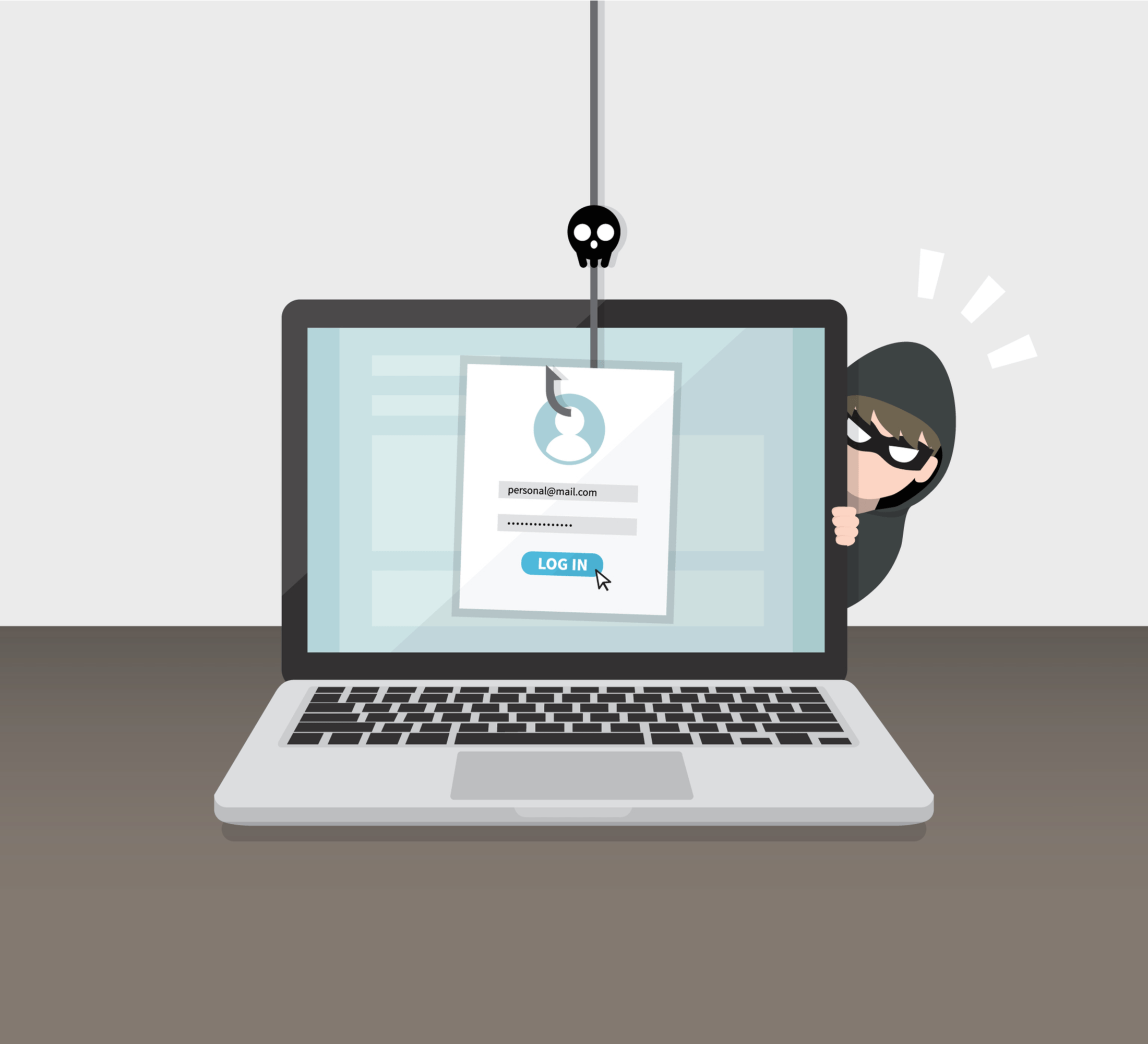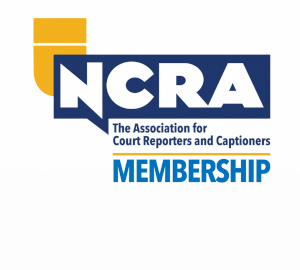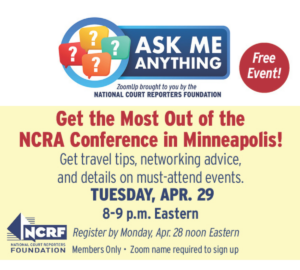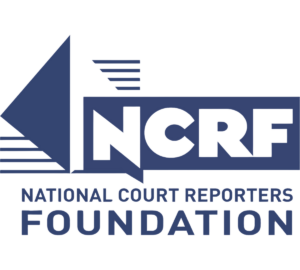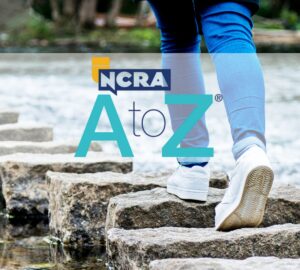By Keith Lemons
I’m a security nerd. I have NortonLifeLock on all my cards and loans, I have Home Title Lock on my mortgage, and I try to use PayPal when I think of it. I even have used Capital One’s virtual card to pay for things I get on Amazon that are from Amazon partners.
Yet here I am again. Someone opened a BankAmericard in my name, using my information, garnered from who knows where. They made themselves an authorized user of my new card and paid payments on it without my ever being aware of it, until I got a call from Bank of America wanting to ask me about it. This person had already charged $6,100 on the card and was requesting a credit increase. Talk about chutzpah!
The first words out of my mouth were: “But I don’t have a Bank of America credit card.” After verifying all my information, we concluded that I was the victim of identity theft, and I needed to report this theft to the credit bureaus. I decided to just call LifeLock and get it squared away.
LifeLock only has one credit bureau that they are affiliated with. They very kindly gave me the link to the other ones, so I could protect my credit.
The three major credit bureaus are: Equifax, TransUnion, and Experian. You can get free accounts at Equifax and Experian where you can freeze/unfreeze (not thaw, sorry) your credit accounts. You can sign up for TransUnion for about $30 a month, or you can sign up for companies that will do it all for you for around $10 a month.
According to Top10.com, the three best credit monitoring companies out there are: LifeLock, Aura, and Identity Guard. There are others, of course, and they all have their pros and cons. Here are the pros and cons of what are, in my opinion, the top three:
| Company | Pros | Cons |
| NortonLifeLock | First in the biz/highly rated | Hard to figure out site |
| Aura | Highly rated | Fixed plans |
| Identity Guard | Highly rated/cash fund/3 bureaus | No 24/7 service |
If you have been struck by the identity thieves, freeze your credit at the bureaus. Make sure you have two-step verification on all your credit cards. This will prevent a hacker from accessing your cards because if they do log in with your stolen information, the credit card company can send a text message to you on your cellphone for additional verification so that the thieves cannot continue with their fraud.
We all must treat our cybersecurity as if we were walking outside, after dark, in our pajamas, in a bad neighborhood, holding thousands of dollars of cash in our hands, and a blue light special alerting all customers.
Keith R. Lemons, FAPR, RPR, CRR (Ret.), was a court reporter based in Brentwood, Tenn., and is NCRA’s Vice President. He can be reached at k.lemons@comcast.net.
